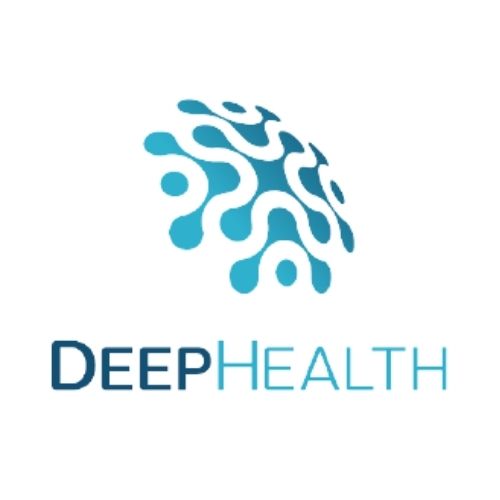Health scientific discovery and innovation are expected to quickly move forward under the so-called “fourth paradigm of science”, which relies on unifying the traditionally separated and heterogeneous high-performance computing and big data analytics environments.
Under this paradigm, the DeepHealth project will provide HPC computing power at the service of biomedical applications; and apply Deep Learning (DL) techniques on large and complex biomedical datasets to support new and more efficient ways of diagnosis, monitoring, and treatment of diseases.
DeepHealth will develop a flexible and scalable framework for the HPC + Big Data environment, based on two new libraries: the European Distributed Deep Learning Library (EDDLL) and the European Computer Vision Library (ECVL). The framework will be validated in 14 use cases which will allow to train models and provide training data from different medical areas (migraine, dementia, depression, etc.). The resulting trained models, and the libraries, will be integrated and validated in 7 existing biomedical software platforms, which include: a) commercial platforms (e.g. PHILIPS Clinical Decision Support System from or THALES SIX PIAF; and b) research-oriented platforms (e.g. CEA`s ExpressIF™ or CRS4`s Digital Pathology). The impact is measured by tracking the time-to-model-in-production (ttmip).
Through this approach, DeepHealth will also standardise HPC resources to the needs of DL applications, and underpin the compatibility and uniformity on the set of tools used by medical staff and expert users. The final DeepHealth solution will be compatible with HPC infrastructures ranging from the ones in supercomputing centers to the ones in hospitals.
DeepHealth involves 21 partners from 9 European Countries, gathering a multidisciplinary group from research organisations (9), health organisations (4) as well as (4) large and (4) SME industrial partners, with a strong commitment towards innovation, exploitation, and sustainability.
